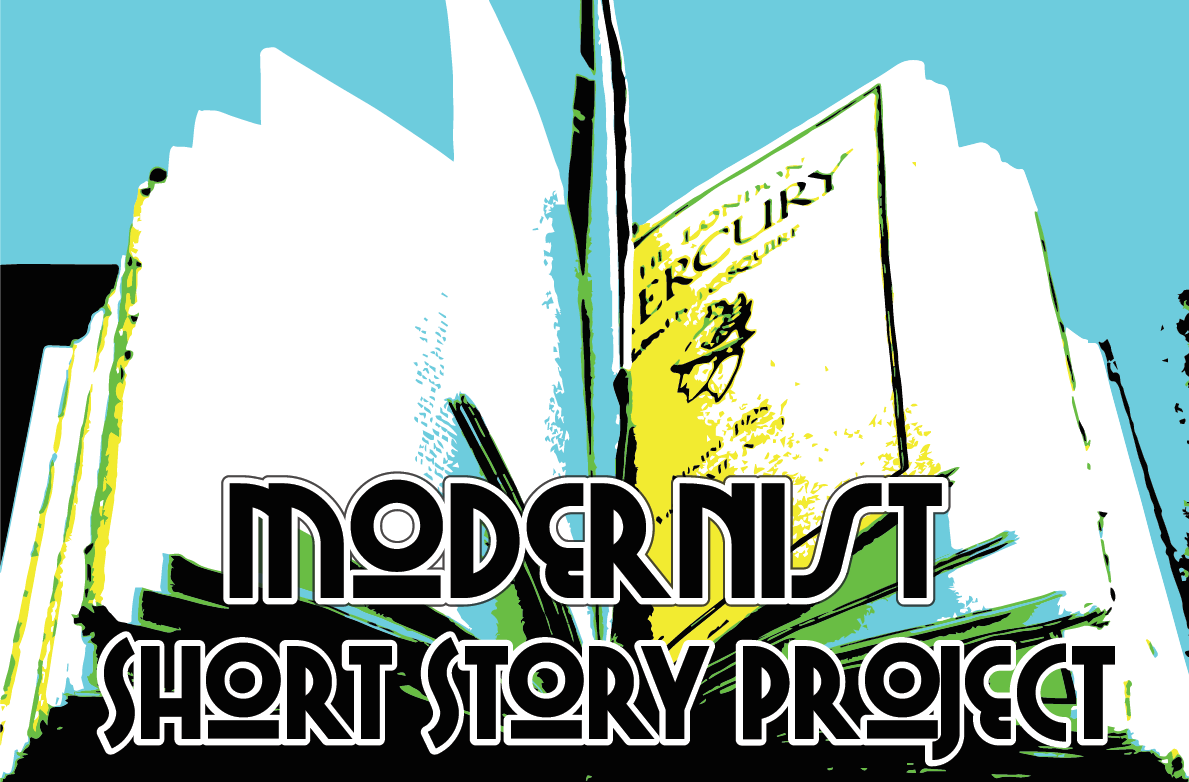Document Type
Article
Publication Date
Winter 2019
Abstract
On its surface, “Barbarism” by H.M. Tomlinson describes an English adventurer in the jungles of Malaysia. He returns to England to find it more barbaric than the uncivilized jungles he just left. However, by examining the story in light of H.M. Tomlinson’s history of anti-war sentiment, I see “Barbarism” as commentary on World War I. Specifically, I believe that the short story describes the consequences of war that a soldier experiences personally—PTSD (or “shell-shock”), guilt, and isolation. In “Barbarism” Tomlinson creates a tone of anxiety through his word choice, brings to light the complications of differentiating between cowardice and shell-shock, and creates a sense of disconnect as the narrator returns home to civilization. By comparing “Barbarism” with his other anti-war literature as well as research on shell-shock after the war, these themes become clearer. True to his anti-war nature, Tomlinson’s short story creates a foundation on which a conversation about the psychological effects of a soldier’s return home.
Recommended Citation
Hogge, Jessica, "H.M. Tomlinson’s “Barbarism” as Post-War PTSD" (2019). Modernist Short Story Project. 13.
https://scholarsarchive.byu.edu/mssp/13

